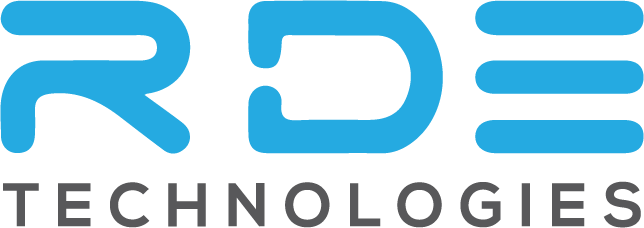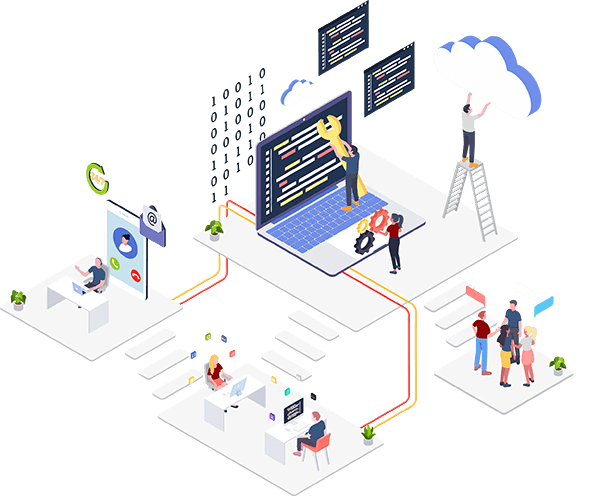Public Wi-Fi is becoming more common, with free internet access available in many public places such as cafes, airports, and hotels. While convenient, these free networks come with significant risks. One such threat is the “Evil Twin” attack, where cybercriminals set up fake Wi-Fi networks to deceive unsuspecting users. These fraudulent networks mimic the names of legitimate Wi-Fi connections, luring people to connect, putting their personal information at risk.
What is an Evil Twin Attack?
Imagine you walk into a coffee shop and notice multiple Wi-Fi options like “Coffee Shop Free” or “Coffee Shop Free Wi-Fi.” It’s possible that one or more of these names are created by cybercriminals, designed to trick you into connecting to a fake network. Once you join the fake network, the attacker can monitor your online activity and even capture sensitive information such as usernames, passwords, and banking details.
The Dangers of Connecting to an Evil Twin Network
Many times, victims of Evil Twin attacks remain unaware that they’ve connected to a fraudulent network until it’s too late. Cybercriminals can use the information you’ve shared during your session to access accounts, make unauthorized transactions, or even use your personal data for further exploitation. It’s common for individuals to notice suspicious activity like unexpected bank withdrawals or strange login alerts after using a fake Wi-Fi network.
How to Protect Yourself
To avoid falling victim to an Evil Twin attack, here are some simple but effective steps to enhance your security when using public Wi-Fi:
-
Be Cautious of Unsecured Networks: If a network is labeled “Unsecure” or has no password protection, avoid connecting to it. Fake Wi-Fi networks often lack the necessary security features and are more likely to be a trap.
-
Use a VPN: A Virtual Private Network (VPN) encrypts your internet connection and helps protect your data from cybercriminals. It’s especially crucial to use a VPN when accessing public Wi-Fi, as it adds an additional layer of security.
-
Limit Personal Logins on Public Wi-Fi: Avoid accessing sensitive accounts, such as banking or email, when connected to public networks. If you must log in, ensure you’re using a secure, trusted network.
Conclusion
While public Wi-Fi is convenient, it’s essential to remain vigilant when connecting to unfamiliar networks. By following these simple precautions, you can significantly reduce the risk of falling victim to the Evil Twin attack and other cyber threats. Always stay cautious, and protect your personal data when using public internet connections.
The RDE Technologies Security Team


